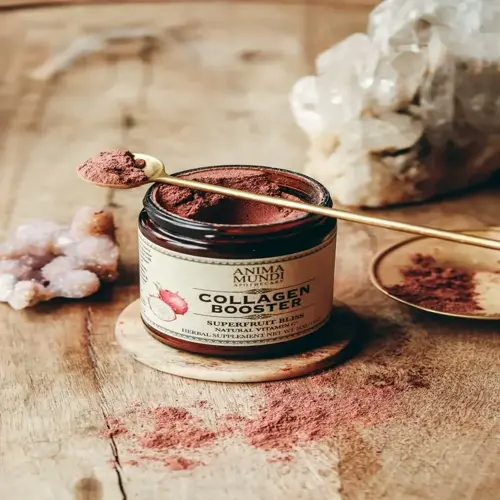How does zinc support eye function?

Written by
Thomas Wilson
Reviewed by
Prof. Graham Pierce, Ph.D.Zinc is critical to vision in ways that few other nutrients can match. This important mineral serves as a delivery system, transporting vitamin A from your liver, where it is stored, to the retina of your eye. Without adequate zinc, the body cannot utilize vitamin A properly, even if it is consumed in sufficient amounts in the diet, because it will not reach the retina. This transport mechanism helps maintain the structure and normal physiological function of retinal cells.
Vitamin A Transport System
- Carries vitamin A from liver storage to retina
- Enables rhodopsin production for night vision
- Deficiency causes delayed dark adaptation
Antioxidant Defense
- Supports superoxide dismutase enzyme systems
- Protects retinal cells from oxidative damage
- Works with vitamins C and E for comprehensive protection
Cellular Structure Maintenance
- Preserves photoreceptor cell membranes
- Maintains healthy retinal pigment epithelium
- Prevents cellular degeneration in macula
Zinc deficiency impairs the ability to see in low-light conditions, such as at night. When not enough zinc is available, the eyes cannot produce rhodopsin, the light-sensitive pigment in the rods. This results in delayed dark adaptation, where it takes several minutes for the eyes to readjust from bright to dim light. Chronic deficiency can lead to changes in macular structure.
Balance your intake of zinc with copper in such a way that deficiencies do not occur. A high degree of zinc supplementation can deplete copper stores and lead to anemia. To one of 30-50mg of supplemental zinc, 2mg of copper should be added. Balanced proportions of these two and every other mineral that is obtainable can be obtained from a generous serving of whole foods, such as raw cashews and raw sesame seeds.
Enhance zinc absorption through food combinations. Combine plant sources, such as chickpeas, with vitamin C-containing foods like tomatoes to inhibit phytate absorption. Use animal proteins two to three times a week, as the zinc in these foods is highly bioavailable. Cook legumes well to break down the compounds that bind to zinc.
Assess your zinc status by observing nighttime vision. Experience difficulty seeing in dim light, after driving, or during movie transitions. A possible zinc deficiency may be present. Include oysters or beef (or veal) twice a week and seeds or legumes in your diet every day. These habits help maintain sufficient zinc levels in the body for lifelong visual health.
Read the full article: Eye Health Nutrition: 10 Essential Nutrients

